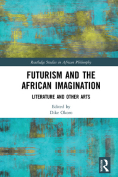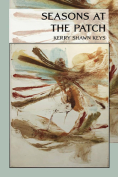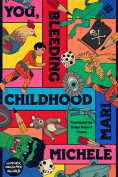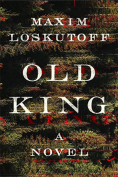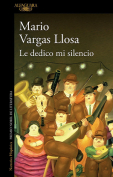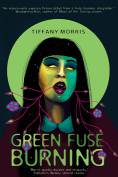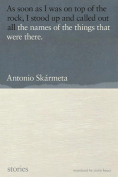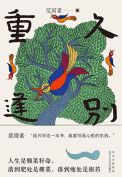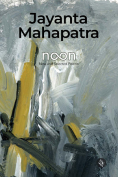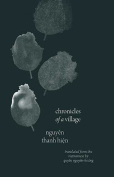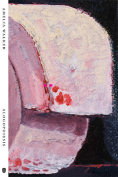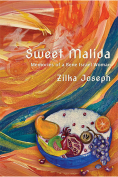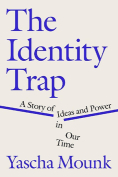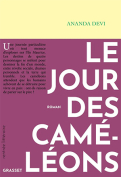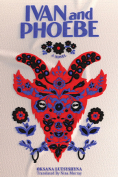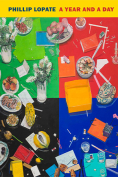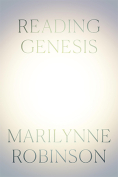Chronicles of a Village by Nguyễn Thanh Hiện
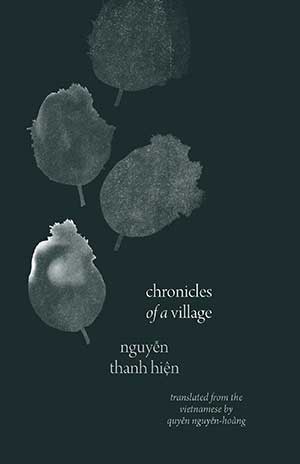 New Haven. Yale University Press. 2024. 144 pages.
New Haven. Yale University Press. 2024. 144 pages.
A ruptured coming-of-age story, or an assemblage of retrospective fragments, Chronicles of a Village is narrated by an unnamed native “scribe” who shares the tale of his beloved village and its “ploughmen,” who exist and disappear through historical upheavals of colonial wars, deaths, and oblivion. In his quiet and somber soliloquy, the narrator confesses that he has nothing left but “languishing, desolate” memories that sustain him, much like “the birdsongs gathered the vital spirit of a species that took refuge in the vast sky.” These memories are marked by deep lacerations.
History quietly roars on every page as the author repeatedly revisits memories of serenity and turmoil, depicting the tragic devastation of livelihoods caused by “sightless” humans, while the village ploughmen remain well informed of others’ stories but indifferent to their own. The author warns us that “fates and lives [are] determined not so much by destiny, as is commonly believed, but by severe, tragic and ashen relations.” Quyên Nguyễn-Hoàng, the translator, nurtures the quiet roar in Nguyễn Thanh Hiện’s narratives, imbuing them with power—the power of existence and ruins, making every word reverberate in the reader’s deep consciousness. The translator resists the temptation to translate the word “mù” as “blindness,” which is the closest to its original Vietnamese meaning, instead deciphering it as “sightless,” which unravels the apathy, ignorance, or, perhaps more evocatively, callousness of human beings. Brilliantly, the translator avoids potential misperceptions of “blindness” as an inherent disability since the characters in Nguyễn’s story are not inherently blind but embody the darkness of greed and rivalry.
Through his sagacious lens, Nguyễn’s visceral rage, disillusion, and fear are manifest in prophetic, sophisticated language. His narrator dreams and ceases to dream as he witnesses mysterious deaths of humans and nonhuman beings around him: “a struggle quiet and ruthless, everyday countless beings fell down, trees in the forest fell, wild animals fell, birds fell, humans fell, the venomous air of the mountains devoured the humans, the mosquitoes and leeches devoured the humans, the snakes, elephants and tigers devoured the humans, and the humans devoured the forests, devoured the birds, devoured the deer, hares and elephants . . .” All living creatures sink wildly into unfettered brutality of avarice and violence.
Does bliss persist despite endless ruptures? Nguyễn’s narratives incessantly unveil such uncanny bliss through his captivating stream of consciousness about the narrator’s childhood village nestled at the foot of Mun Mountain. What makes Chronicles of a Village a truly revelatory pleasure to read is its dialectical portrayal of the sublime and the monstrous within the imaginary village, where history transforms everything into benign and malign existences. Nguyễn’s philosophical observation resonates with what Roland Barthes would call jouissance or “bliss.” A philosopher at heart and a gifted postmodernist writer, Nguyễn navigates an alienated, liminal, nonlinear space on the margins. His writing disrupts chrononormativity, and his narratives of existence and disappearance transcend history. In Chronicles of a Village, one of his characters, the “learned ploughman” father, tells the narrator that “history is only a draft copy, son, nothing is certain, nothing is true.” This slippage of stories through temporal fissures of history offers illumination and evokes a deconstructive pleasure that embraces both lacerations and epiphanies.
In a literary landscape saturated with self-obsessed books, or what I would call an industry of narcissism, Chronicles of a Village reads like a meditative text. Through a forlorn constellation of memories, Nguyễn compels us to listen to the outcry of history and grieve the gradual demise of an unnamed village at the foot of Mun Mountain. Layer by layer, story by story, Chronicles reveals that not only humans but rivers, soil, forests, mountains also weep—and love, revenge, ideals, and betrayals all shed tears and blood that extend into infinity.
Quynh H. Vo
American University
